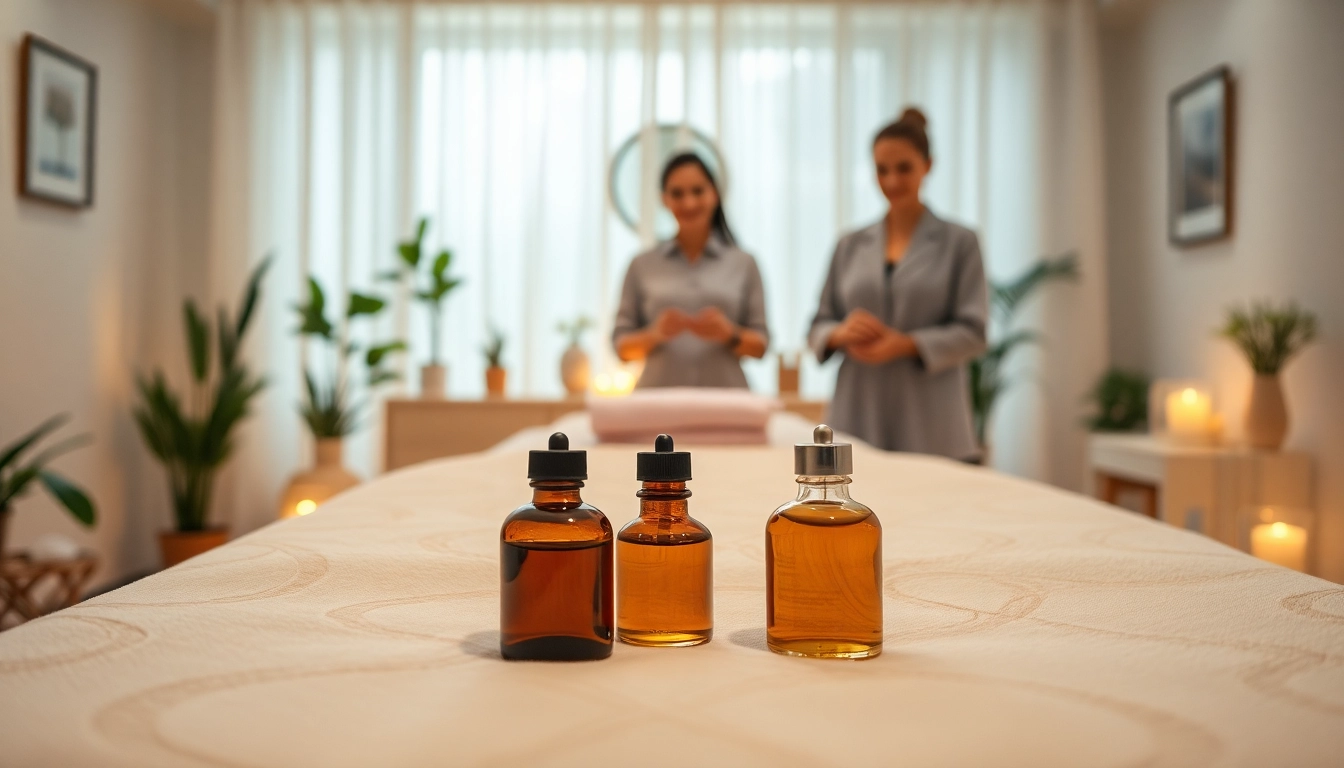Understanding Genital Warts
What Are Genital Warts?
Genital warts are soft growths that appear on the genital area, including the vulva, cervix, penis, scrotum, or anus. They are caused by the human papillomavirus (HPV), particularly from certain strains known as low-risk types. These warts can vary in size and shape, sometimes appearing as small bumps or larger, cauliflower-like clusters. While they are not usually dangerous, genital warts can cause discomfort, itching, or bleeding.
Causes of Genital Warts
Genital warts are primarily caused by the transmission of HPV. Sexual contact, including vaginal, anal, and oral sex, can facilitate the spread of the virus. Even if the infected person does not show any visible warts, the virus can still be transmitted through skin-to-skin contact. The risk of contracting HPV increases with multiple sexual partners and engaging in unprotected sexual practices. Importantly, certain strains of HPV can remain dormant in the body for years before symptoms become noticeable.
Symptoms of Genital Warts
Most individuals with genital warts may not exhibit any symptoms, while others might notice small flesh-colored or grey growths in the genital region. Symptoms can include:
- Itching or irritation in the genital area.
- Small lumps or clusters of warts on the genitals or surrounding areas.
- Bleeding or discomfort during intercourse.
- Changes in the texture of the skin in the genital area.
It is essential to recognize that even without visible symptoms, the HPV virus can still be present and transmissible.
Treatment Options for Genital Warts Cure
Topical Treatments
Topical treatments are often the first line of defense for those seeking a Genital warts cure. Prescription medications such as:
- Podophyllin resin
- Imiquimod (Aldara)
- Trichloroacetic acid (TCA)
These treatments work by destroying the wart tissue and should be applied under a doctor’s supervision. While effective for many, they do not eliminate the underlying HPV infection.
Physical Removal Techniques
For more extensive cases or for individuals who experience recurrent warts, physical removal methods may be taken into consideration. These techniques include:
- Cryotherapy: Freezing warts with liquid nitrogen, causing them to fall off.
- Electrosurgery: Burning off warts with an electrical current.
- Laser treatments: Using laser therapy to remove warts, often effective for larger or extensive warts.
These methods are usually performed in a medical setting, providing quick results but necessitating follow-up care and monitoring for potential recurrence.
Home Remedies for Genital Warts Cure
While medical treatments are often recommended, some individuals may opt for home remedies to manage symptoms and potentially aid in the treatment of genital warts. Options include:
- Apple cider vinegar: Applying diluted apple cider vinegar can create an acidic environment that may help to reduce warts.
- Garlic: Its antiviral properties may aid combatting HPV, though evidence remains anecdotal.
- Tea tree oil: This natural remedy is considered by some to have properties that may benefit skin irritations and growths.
While these methods can be less invasive, they may not guarantee results and should be discussed with a healthcare professional before use.
Prevention and Risk Reduction
Vaccination Against HPV
The HPV vaccine is a crucial tool in the prevention of genital warts and other HPV-related diseases. Vaccination has been shown to be highly effective in preventing infections from the HPV strains that cause the most genital warts. For maximum effectiveness, it is recommended for individuals before they become sexually active. The vaccine is generally available for both males and females and can also prevent certain types of cancers related to HPV.
Safe Practices to Avoid Infection
Practicing safe sex is essential in reducing the risk of transmitting HPV. Utilizing condoms can lower the risk of HPV infection, although they do not offer complete protection due to possible contact with infected skin not covered by the condom. Limiting the number of sexual partners and engaging in mutually monogamous relationships can also greatly reduce the likelihood of acquiring or transmitting the virus.
Regular Health Checkups
Regular health checkups and screenings are vital components of sexual health. Many doctors recommend routine gynecological exams for women, including Pap smears that can detect changes in cervical cells caused by HPV. These visits allow for early intervention and education on risk reduction strategies, contributing to a better understanding and management of sexual health.
Lifestyle Adjustments Post-Treatment
Managing Recurrence of Genital Warts
Even after treatment, genital warts may recur due to the persistence of the HPV virus in the body. Adopting a healthy lifestyle can support the immune system and possibly reduce the likelihood of outbreaks. Additionally, maintaining follow-up appointments with a healthcare provider can help in monitoring any new developments promptly and efficiently.
Emotional and Mental Health Considerations
Dealing with genital warts can have significant emotional and psychological impacts. Individuals may experience feelings of shame, anxiety, or isolation. Seeking support from healthcare professionals, support groups, or therapists can provide coping strategies and enhance one’s emotional well-being. Open communication with partners about sexual health issues is also paramount in alleviating anxiety and fostering trust.
Building Healthy Relationships
Establishing open, honest communication with partners regarding health and sexual history is essential for building healthy relationships. Vulnerability can foster deeper connections and enhance trust. Individuals are encouraged to discuss their status openly, promoting education and understanding surrounding STDs, including HPV.
Frequently Asked Questions About Genital Warts Cure
How Long Does Treatment Take?
The duration of treatment for genital warts can vary widely based on the chosen method and extent of the warts. Topical treatments may take several weeks, while physical removal techniques often offer immediate results. Regular consultations with a healthcare provider can help identify the best treatment approach and timeline.
Will Genital Warts Come Back?
There is always a possibility for recurrence of genital warts even after successful treatment, as the HPV virus can remain dormant in the body. Commitment to preventive practices and engaging in regular medical follow-up can help manage recurrences effectively.
When Should I See a Doctor?
Individuals should seek medical advice if they notice new growths, changes in existing ones, or any symptoms causing discomfort. Early consultation can lead to quicker diagnosis and an effective treatment plan, decreasing the chance of complications or emotional distress.



